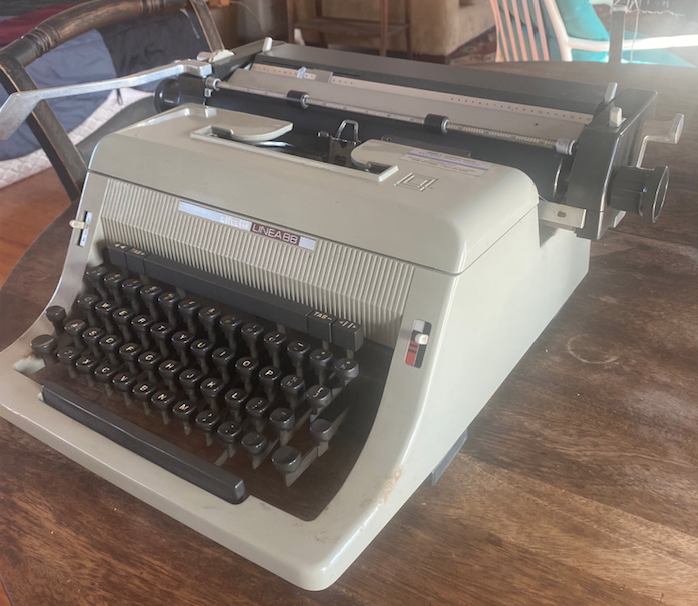In an opinion column (“Take That, ChatGPT!”) written for Boston Magazine, John D. Spooner voiced his reaction to a new artificial intelligence writing program and cited Updike as an example of “some things that only a human can do well. Writing is one of them.”
“John Updike was one of my gods,” Spooner wrote. “In my view, Updike was the greatest man of letters in America from the 1960s through the 1990s. He wrote novels and short stories. He wrote poems and essays. When he was president of the Harvard Lampoon, there were times when he wrote the entire issue. And illustrated it as well. He had gone to Oxford to study drawing. One of his classic pieces described Ted Williams’s last baseball game. ‘The Kid’ would never tip his hat to the crowd after a home run. He just ran the bases, with no expression and his classic, easy stride. Williams hit a home run that last day. He never acknowledged the fans. Updike wrote, ‘Gods do not answer letters.’ One of the greatest lines ever to describe an athlete.
“Amazingly, this most erudite of authors loved golf. A mutual friend arranged a game at Updike’s course, where they both belonged. I was excited about what I could ask him about his books, his life, and his insights on writing. But on the course, Updike was all business. It wasn’t ‘a good walk spoiled.’ It was his focus on the game, his game, and not about my favorite sport, ‘shootin’ the breeze.’ It was a drizzly day on the North Shore of Boston. Updike was polite, a gentleman on the course, long pants in the summertime. His swing was a manufactured one as if he had spent a lot of money on a lot of lessons, and it produced a routine with a lot of parts—a routine he completely focused on. We played for a few dollars, two players against two. The rain came down harder and harder, with no chance to ask my hero anything related to writing.
“We kept playing in the rain. Updike seemed, on every shot, to be replaying the lessons he had taken. The friend who had invited me to play said, ‘John is a focused dude. He goes through his routine like there’s no one else here. And he wants to win.’ My glasses were fogged up from the rain. Now I know that Updike was not going to give me any creative secrets, which, of course, I resented. So I did not want to fork over any money to my hero. My host, who was a really good player, said to me, ‘If we lose, it’s your fault.’
“We came to the 18th hole all even. Updike had a three-foot putt to win the match. It curled around the cup. And stayed out. I won two dollars, carried over from the front nine.
“We all shook hands and had a beer in the clubhouse. I figured that now was my chance to ask him about his writing life. But he tossed down his beer, got up, and said, ‘Nice playing with you, gentlemen.’ Updike walked out of the club bar. Gods do not answer letters.”

